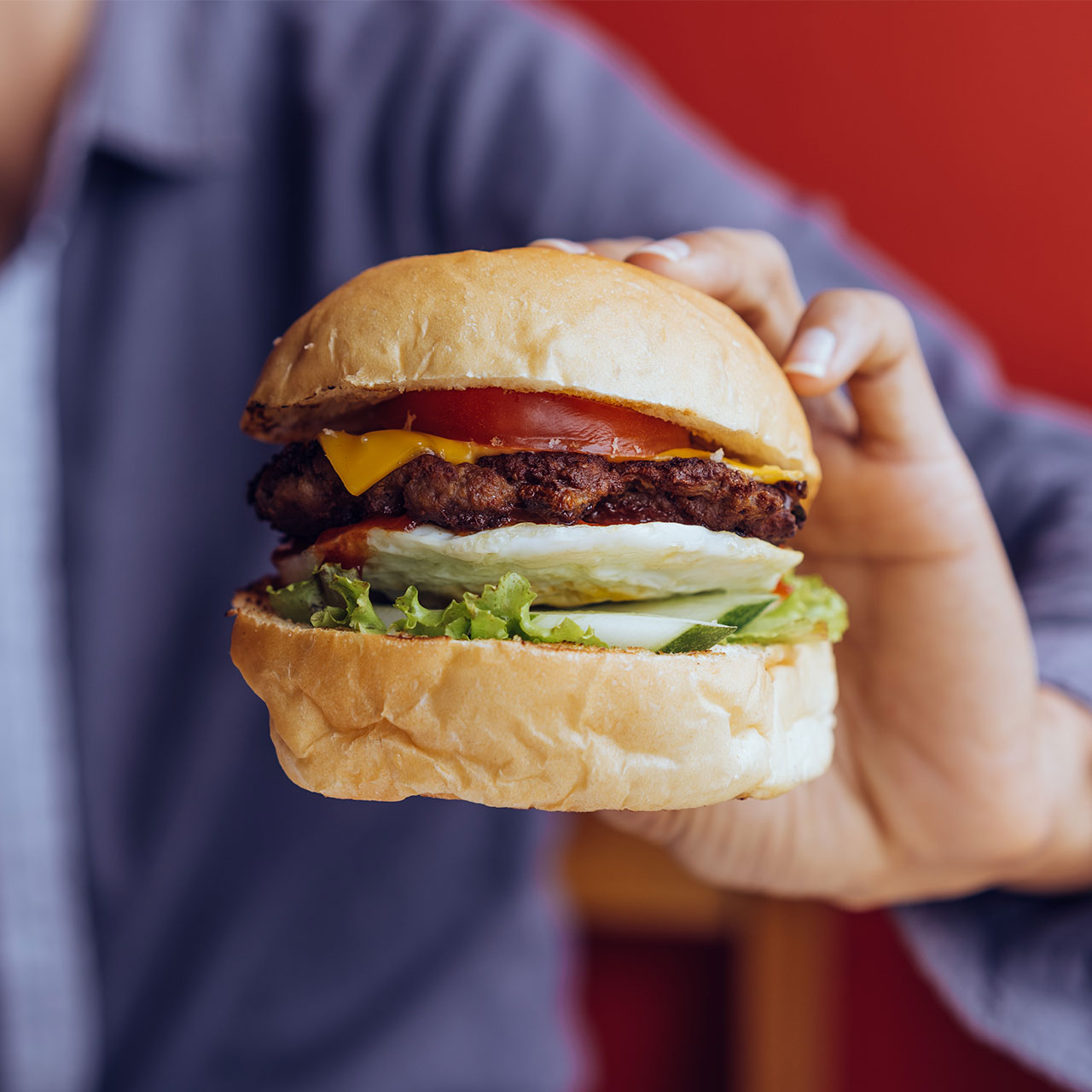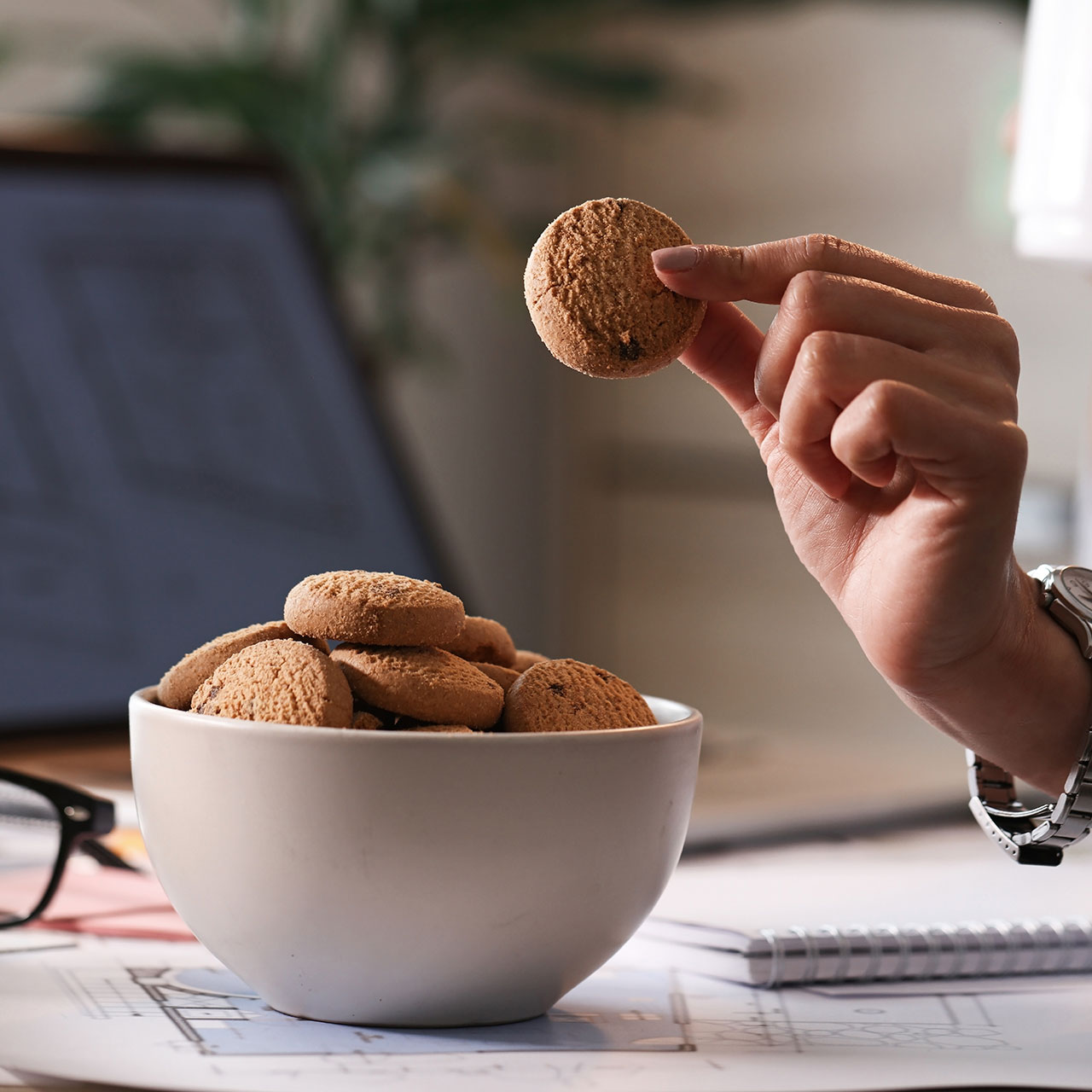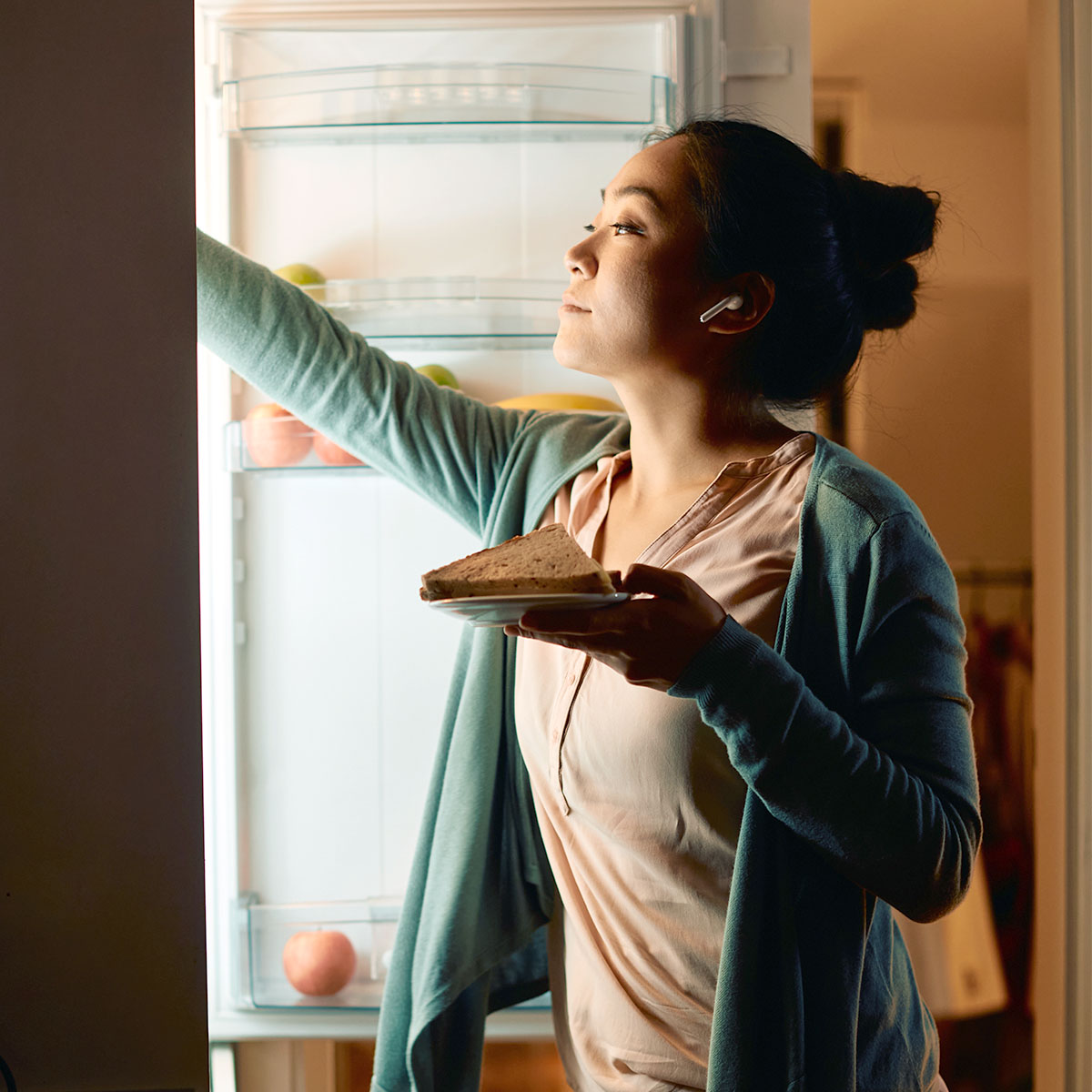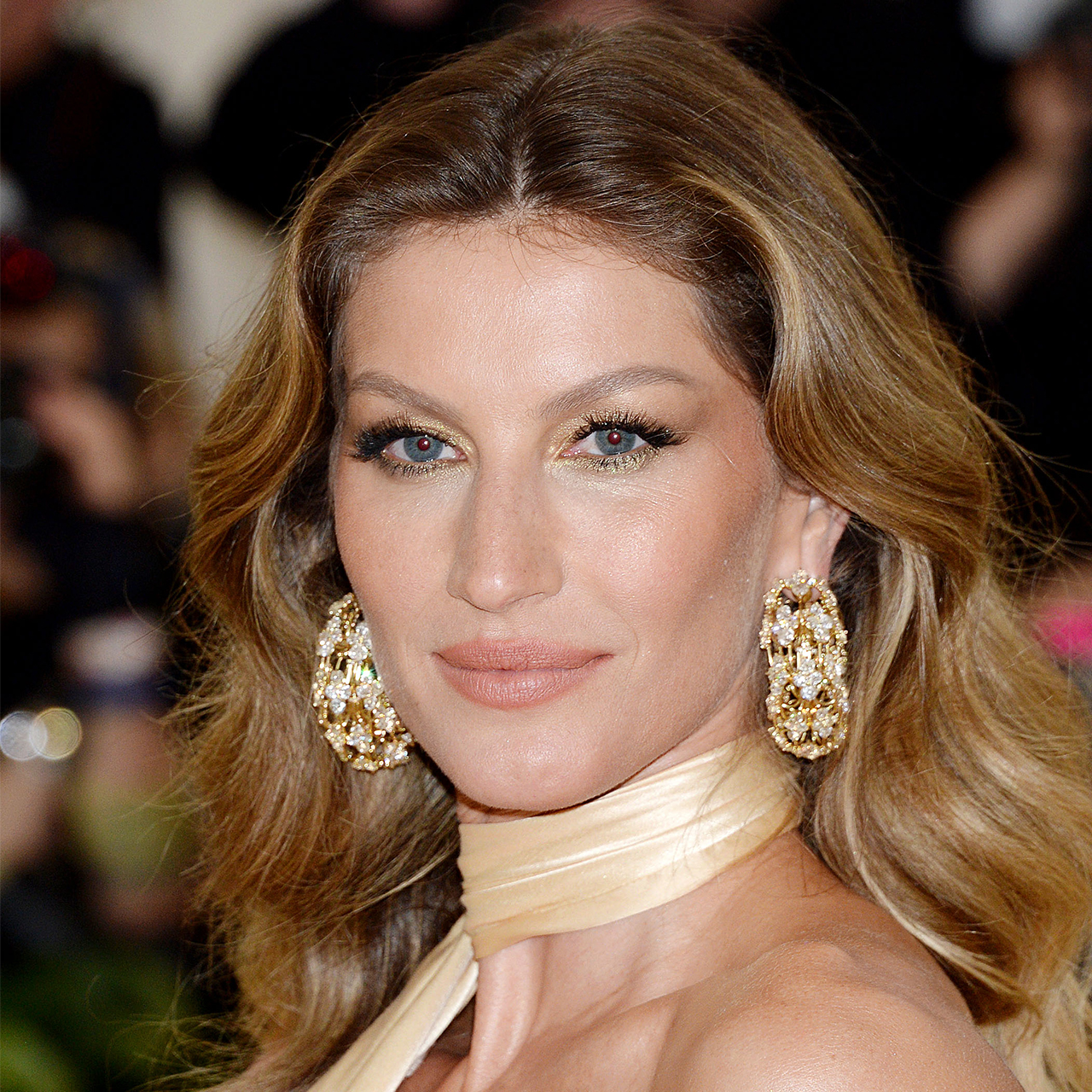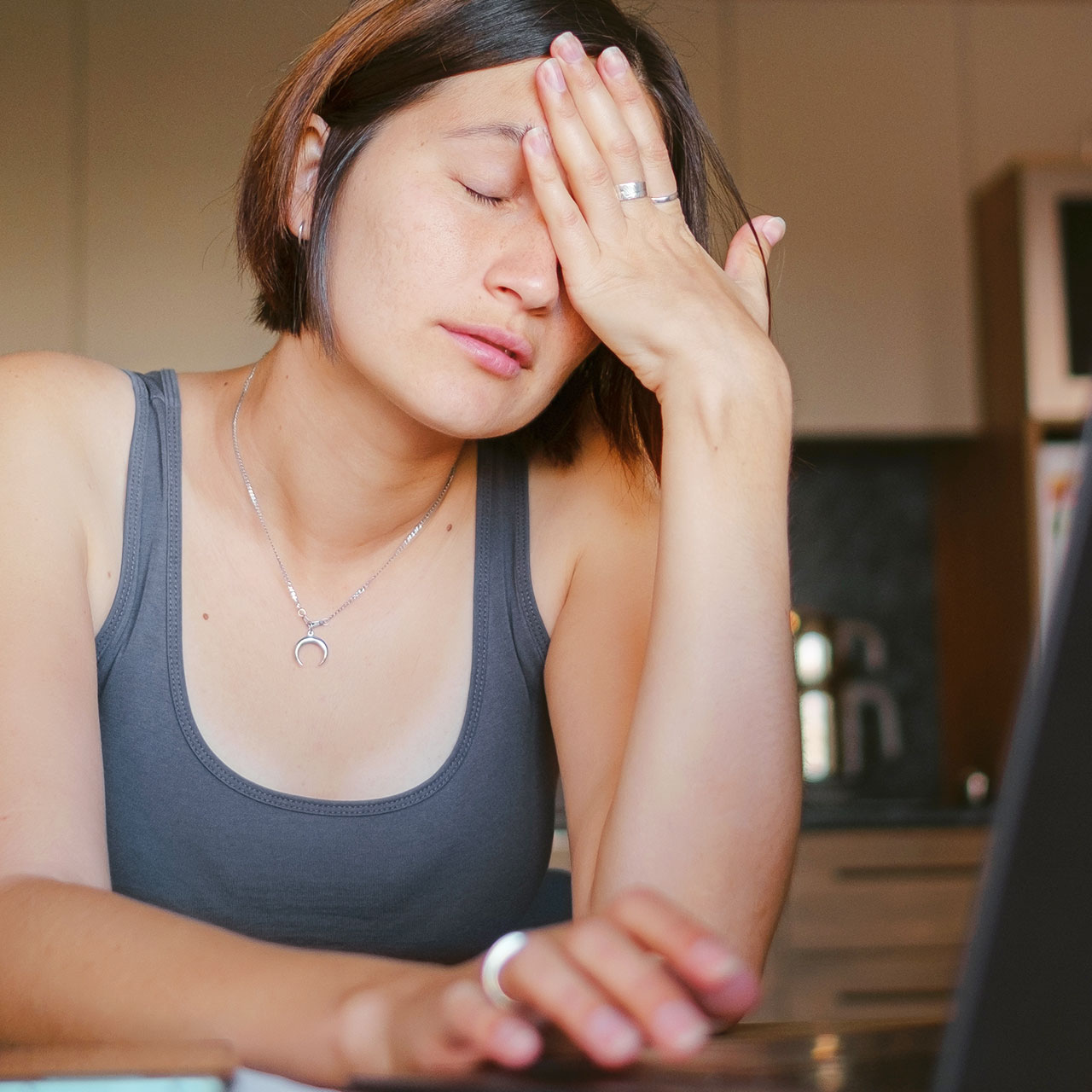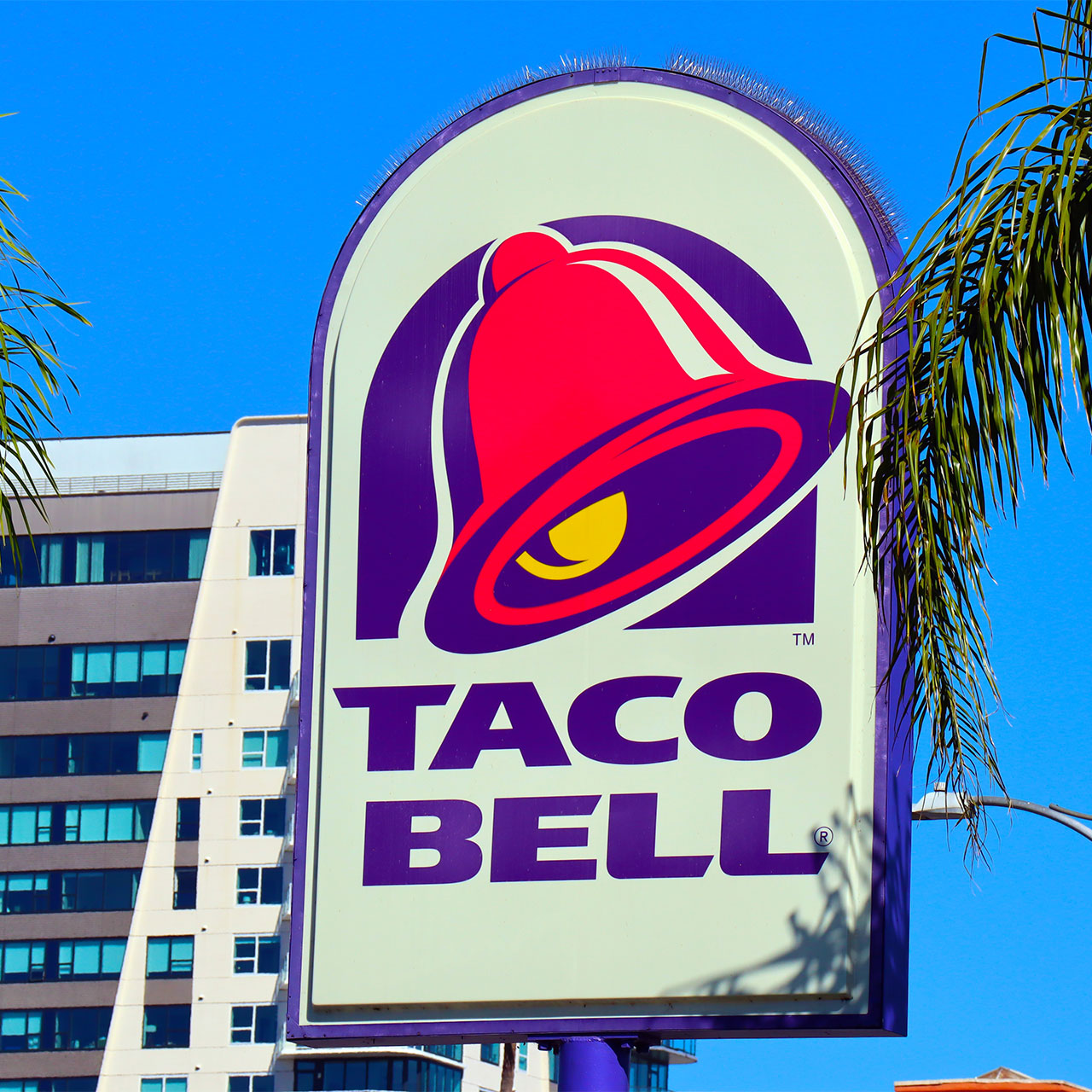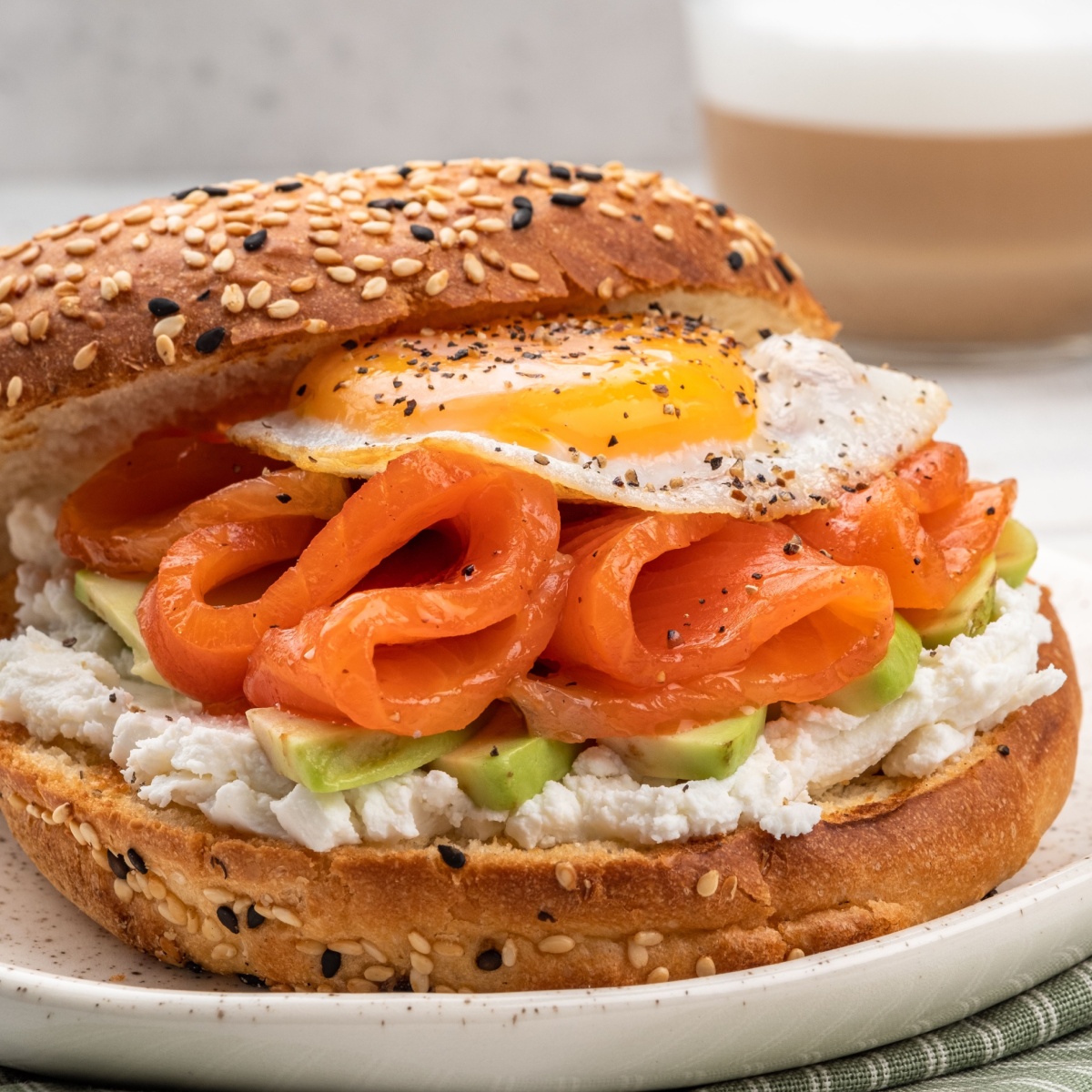Sticking to a schedule for yourself and rethinking your diet can feel daunting, but many health experts will agree that eating your meals around the same times every day can help your metabolism become more consistent (and this can lead to weight loss!) If you’re not sure where to start, one important tip if you want to lose weight would be to avoid eating too close to bedtime, according to a new study by Harvard Medical School researchers at Brigham and Women’s Hospital (published in Cell Metabolism in October 2022).
We asked health experts to weigh in with their insight regarding the study, which found that eating later-in-the-day as opposed to eating early can, as Eat This, Not That writes, “double the odds of you becoming ravenous, making it more difficult to regulate food choice and calorie intake, decrease your daily calorie burn, and change the expression of certain genes that control fat deposits.” Read on for tips, suggestions and weight loss advice from Josh Schlottman, CSCS, certified personal trainer and nutritionist, Lisa Richards, registered nutritionist and creator of The Candida Diet, and Trista Best, MPH, RD, LD, registered dietitian at Balance One Supplements.


So, Can Eating Late Really Lead To Weight Gain?
Schlottman says that "eating late at night could end up causing weight gain," and he advises his clients "not to eat so late as it could make them gain weight." In addition, he adds that from his experience, "it seems to cause more snacking and grazing during the day" and create unhealthy eating patterns. "Eating too late can lower melatonin at night which impairs REM sleep," he explains, and bad sleep then "increases hunger and cravings for junk foods, and lowers self-control."
Richards agrees, and says that eating late can be a "contributing factor to someone gaining weight," and ultimately becoming obese. This, she explains, depends entirely on the "quality of food they are consuming." If this individual has a "regular habit of eating late and they opt for calorie-dense foods simply because they feel like snacking," then this can be what she deems a detrimental habit for health.
"Someone who eats late at night because they are listening to their body's true hunger cues and then makes a nutrient dense food choice should not experience weight gain," she notably differentiates. "This individual is meeting their nutritional needs without indulging in unnecessary snacking." This, she stresses, is key.

How Does This Happen?
Like in the study, Schlottman points out, eating too late messes with your hunger hormones. "Leptin, the appetite-suppressing hormone decreases, and ghrelin the hunger hormone increases," he adds, and notes that "late-night eating can also contribute to hypothyroidism, which will also slow down your metabolism and cause fatigue."
As reported by the Harvard Gazette, the study assessed 16 subjects (11 men and 5 women) who allegedly had a body mass index classified as either "overweight or obese." Every subject followed a strict sleep schedule and identical diets in with the same mealtimes. Next, they participated in "two in-lab procedures," Eat This, Not That notes, "one with a meal scheduled for early in the day, and the other with the meal occurring approximately four hours later than the first."

The researchers "documented the participants' hunger and appetite, took numerous blood samples, and measured subjects' energy expenditure." In addition, the researchers collected "biopsies of fat tissue from some participants before and after both the early and late meals to compare gene expression patterns."
"We found that eating four hours later makes a significant difference for our hunger levels, the way we burn calories after we eat, and the way we store fat," lead researcher Nina Vujović in the Medical Chronobiology Program at Brigham and Women's said to the Harvard Gazette.

Best concludes that when it comes to belly fat especially, it's best to avoid late-night meals or snacking as a whole. "Belly fat, also known as abdominal obesity, can be a frustrating and concerning issue," she acknowledges. It is frustrating, she says, in the fact that it is "difficult to lose and concerning because this form of weight gain increases your risk for heart disease."
To prevent or reduce belly fat, she says you should firstly cut out certain dietary habits, primarily avoiding nighttime snacking. "This is more than simply not going to the pantry or refrigerator in the evenings after dinner," she explains, adding, "I have found with a few clients that having them eat only when the sun is out has allowed them to experience weight loss, specifically the kind that hangs around the belly."
This, she says, is because eating based on daylight cuts your eating window down from about "15 hours to just 12 hours." Also, the foods that you typically consume after dark when you're just feeling "snacky" are "calorie-dense and usually loaded with sugar or refined carbs," which Best warns tend to lead to belly fat, specifically.


